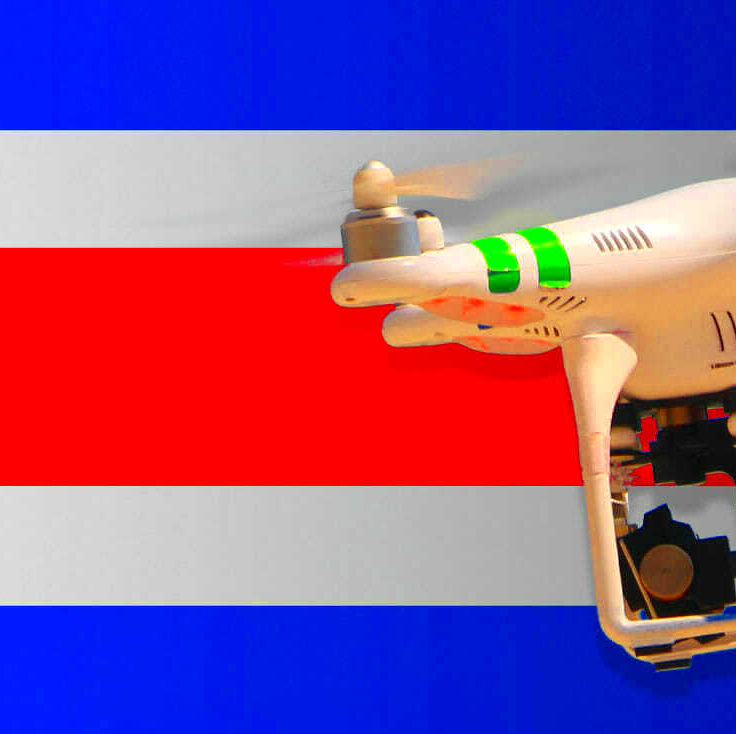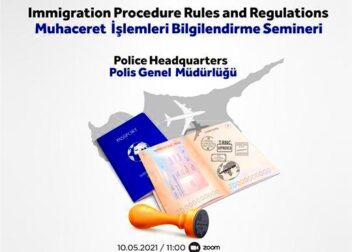Drone Laws in Costa Rica and Airspace Rules for Tourists
Flying drones in Costa Rica can be an exciting way to capture the beauty of its landscapes. However, it’s essential to know the laws surrounding drone usage to avoid any legal issues. Costa Rica has specific regulations that both residents and tourists must follow. Understanding these rules can help ensure a safe and enjoyable experience while flying your drone.
Understanding Costa Rica’s Airspace Classification
Costa Rica’s airspace is divided into different classifications, which determine where and how drones can operate. Here’s a brief overview:
- Class A: Reserved for high-altitude flights, typically by commercial airlines.
- Class B: Covers busy air traffic areas near major airports.
- Class C: General airspace where drone flying is allowed, but pilots must follow specific guidelines.
- Class D: Areas that may have restrictions, often around sensitive locations like national parks.
Tourists should pay particular attention to these classifications. It’s important to avoid restricted areas, especially near airports and national parks. Always check with local authorities or aviation services for updates on airspace conditions.
Requirements for Flying Drones in Costa Rica
Before taking your drone into the sky, there are some essential requirements you need to meet:
- Age Limit: You must be at least 18 years old to operate a drone.
- Registration: All drones over 500 grams (1.1 pounds) must be registered with the Directorate General of Civil Aviation (DGAC).
- Insurance: Liability insurance is recommended, especially for commercial use.
- Pilot Certification: While not always mandatory, obtaining a pilot’s certificate can enhance your credibility and ensure safety.
- Flight Plans: For certain areas, you may need to submit a flight plan to the DGAC.
Additionally, keep in mind the following safety tips:
- Always keep your drone within your line of sight.
- Respect the privacy of others; do not invade personal spaces.
- Check local weather conditions before flying.
By meeting these requirements, you can enjoy flying your drone in Costa Rica while adhering to the local laws.
Restrictions on Drone Usage in National Parks
National parks in Costa Rica are stunning and a must-visit for nature lovers. However, flying drones in these protected areas comes with strict rules. The primary reason for these restrictions is to protect wildlife and preserve the natural environment. Let’s take a closer look at what you need to know:
- No Drone Zones: Most national parks in Costa Rica prohibit drone flights. This rule helps prevent disturbances to animals and ensures that the peaceful experience of park visitors is maintained.
- Specific Regulations: Each national park may have its regulations regarding drone use. It’s crucial to check the rules for the specific park you plan to visit.
- Potential Penalties: Flying a drone in a no-drone zone can lead to hefty fines or even confiscation of your equipment. It’s just not worth the risk!
Before heading to a national park, make sure to research its regulations. You can often find this information on the park’s official website or by contacting local authorities. Respecting these rules helps protect Costa Rica’s natural beauty for future generations.
Registering Your Drone in Costa Rica
If your drone weighs more than 500 grams (1.1 pounds), you must register it with the Directorate General of Civil Aviation (DGAC). Here’s how to go about it:
- Visit the DGAC Website: Start by visiting the DGAC’s official website to access the registration forms.
- Provide Necessary Information: You will need to fill out personal information, including your name, address, and details about your drone.
- Submit Required Documents: Typically, you’ll need to submit a copy of your ID, proof of insurance, and any certificates that prove your flying skills.
- Pay the Registration Fee: There may be a fee associated with the registration process. Ensure you have this ready.
Once registered, you will receive a unique identification number for your drone. This registration is essential for compliance with local laws and can help you avoid fines. Remember, keeping your registration up to date is just as important!
Local Regulations and Guidelines for Tourists
As a tourist flying a drone in Costa Rica, understanding local regulations is crucial. Here’s a rundown of some guidelines you should follow:
- Fly Below 120 Meters (400 Feet): This is the maximum altitude allowed for drones in Costa Rica. Flying higher can interfere with manned aircraft.
- Maintain Line of Sight: Always keep your drone within your visual line of sight. This practice ensures you have control and can avoid obstacles.
- Avoid Crowded Areas: Do not fly your drone over crowds or densely populated areas. This rule is for safety and privacy reasons.
- Respect Privacy: Avoid capturing images or videos of people without their consent. This respect for privacy helps build trust and ensures a positive experience for everyone.
- Follow Local Customs: Be aware of any specific rules or customs in the areas you are visiting. Locals may have unique practices that you should respect.
By adhering to these local regulations, you can enjoy flying your drone while being a responsible visitor. Costa Rica is a beautiful country, and following the rules ensures you can appreciate its wonders while keeping its environment safe.
Penalties for Violating Drone Laws
Understanding the penalties for violating drone laws in Costa Rica is crucial for all drone operators. The country takes its regulations seriously, and failure to comply can lead to significant consequences. Here’s what you need to know about the potential penalties:
- Fines: Depending on the severity of the violation, fines can range from $200 to over $5,000. For example, flying in a no-drone zone, like a national park, can result in hefty fines.
- Confiscation of Equipment: Authorities may confiscate your drone if you violate any laws. This can be particularly frustrating if you’ve traveled from afar.
- Legal Action: In severe cases, especially if you endanger others or disrupt air traffic, you may face legal action. This could lead to court appearances and more serious legal consequences.
- Temporary or Permanent Ban: Repeated violations may result in being banned from operating a drone in Costa Rica altogether. This action can ruin future plans to explore the country from the skies.
To avoid these penalties, it’s essential to familiarize yourself with Costa Rica’s drone laws before flying. A little research can save you a lot of trouble!
Frequently Asked Questions about Drone Laws
When it comes to drone laws in Costa Rica, many tourists have questions. Here are some frequently asked questions that can help clarify common concerns:
- Do I need a license to fly my drone? Generally, no license is required for recreational flying, but registration is necessary for drones over 500 grams.
- Can I fly my drone in national parks? No, most national parks prohibit drone usage to protect wildlife and the natural environment.
- What happens if my drone crashes? If you crash your drone, assess the situation. If it’s in a restricted area, you may need to notify authorities.
- Are there any designated drone flying areas? Yes, some regions have designated areas for drone flying. Research these spots for a hassle-free experience.
- How do I register my drone? Registration is done through the Directorate General of Civil Aviation (DGAC). Follow their procedures to ensure compliance.
These FAQs provide a good starting point for understanding drone regulations in Costa Rica. Always check with local authorities for the most accurate and updated information.
Conclusion on Drone Usage in Costa Rica
Flying a drone in Costa Rica can be an incredible experience, allowing you to capture breathtaking views of this beautiful country. However, it’s vital to understand and respect the local laws and regulations surrounding drone usage. By doing so, you’ll not only ensure your own safety but also protect the environment and respect the rights of others.
Always remember to:
- Register your drone if it meets the weight requirements.
- Familiarize yourself with airspace classifications.
- Avoid flying in restricted areas, especially national parks.
- Follow local regulations and guidelines.
With the right knowledge and preparation, you can enjoy a rewarding drone-flying experience in Costa Rica. So pack your gear, do your research, and get ready for an adventure above the stunning landscapes!


